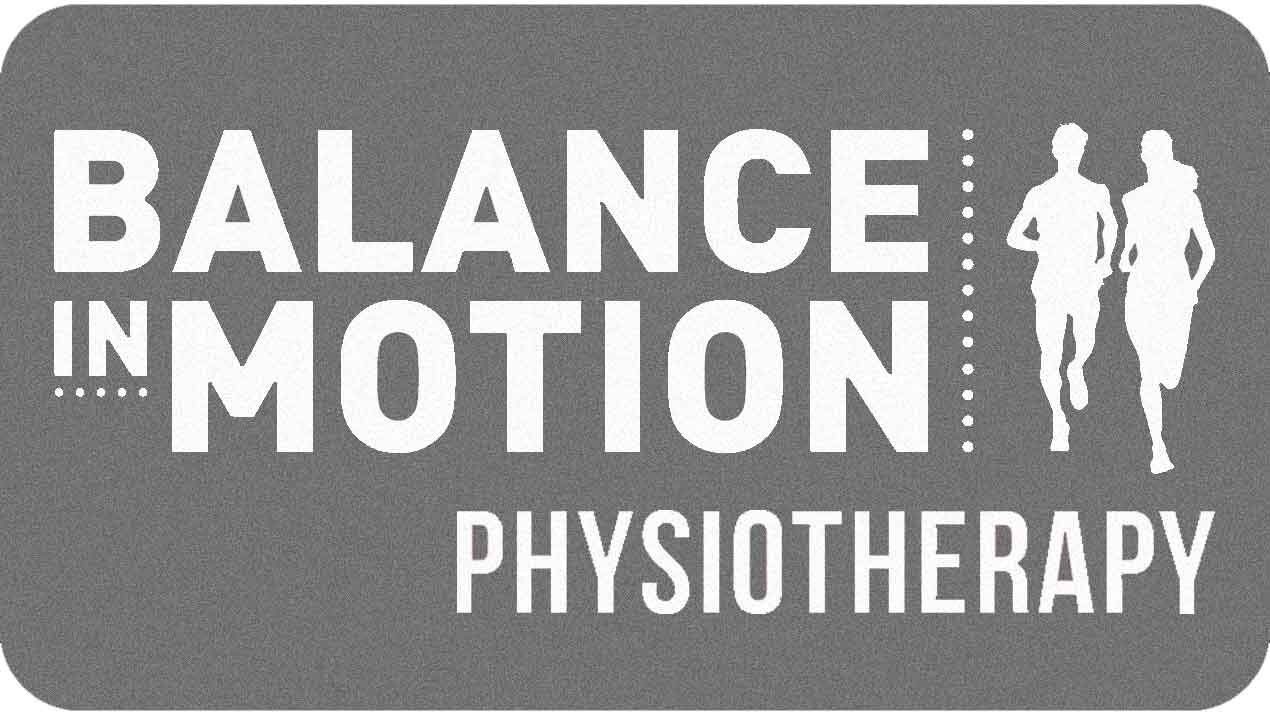What role does sleep play in injury recovery?
/What role does sleep play in injury recovery?
Everyone knows sleep is a vitally important part of life. We need to do it at the end of each day in order to recharge our batteries for the next day and function like a human, not a zombie.
But why is sleep so important and what role does it play in injury recovery?
The human body has a lot of internal clocks that control how we function. Everything from when you feel sleepy or wide awake, when you’re hungry and when you digest food most efficiently, when you are alert with a lot of energy or drowsy, to when your heart beats fastest is all controlled by internal clocks.
These internal clocks, at least the ones related to sleep, are highly tuned to the sun. As we are exposed to light as the sun rises, our hunger levels, alertness, and even heart rate rise as well. When the sun goes down, our hunger and digestion rate slow, we become drowsier, and our heart slows. This shift happens because melatonin rises as it becomes darker and our body shifts into sleep, or repair mode.
During sleep, our body is able to rest from the effort it takes to be awake for the day. Our brain cleans itself of the toxins that naturally build up when we’re awake and the cells in the rest of our body take a break from being active. When we don’t sleep, our sympathetic nervous system (the fight or flight response) doesn’t get a chance to rest, which results in the increased risk of a number of diseases like diabetes, high blood pressure, digestion troubles, and dementia.
Where does all of this fit into injury recovery and rehab? Well, there are two ways a lack of sleep impacts your recovery from injury:
High sympathetic nervous system activity from a lack of sleep leads to increased inflammation in the body. While the body’s inflammatory response has a role to play in injury recovery, chronic inflammation does not allow the body to repair itself as needed. This lengthens how long you need to recover from an injury.
Sleep is where your body rests but your brain goes to work in strengthening its connections. Amongst connections like emotional regulation, sleep is where the brain remembers new information and skills learnt throughout the day. When we talk about the need to change the way you move or reprogram your body to recover from or prevent injury, sleep is when your brain does this best!
What can you do to help yourself sleep at night?
Our Western lifestyle doesn’t revolve around the sun like our internal body clock does so having a night time routine to promote sleep can be really useful in winding yourself down after a busy day and preparing yourself for sleep.
This might not come as a surprise but avoiding blue light (TV, computers, phones), avoiding eating late, and avoiding caffeine and alcohol are just some things you can do to encourage your body to wind down and prepare itself for sleep.
Your body needs to cool down in order to sleep so having a hot shower before bed can be useful. This increase in body temperature causes your body to ‘dump’ heat in order to cool itself, which can help make you sleepier.
Seeing bright light soon after waking reminds the body that it is actually awake. Get up and turn the lights on, or better still, get outside for your morning coffee or walk. Remember, the internal body clock revolves around the sun and light wakes you up.
In summary, you might hear us talk about sleep so much because it plays a vital role in your recovery from injury by firstly repairing any damage while you are asleep, and secondly by helping your brain and body form new connections to use the right muscles to help your body move well and stay injury free in the future!
Cheers
Nick Carr

